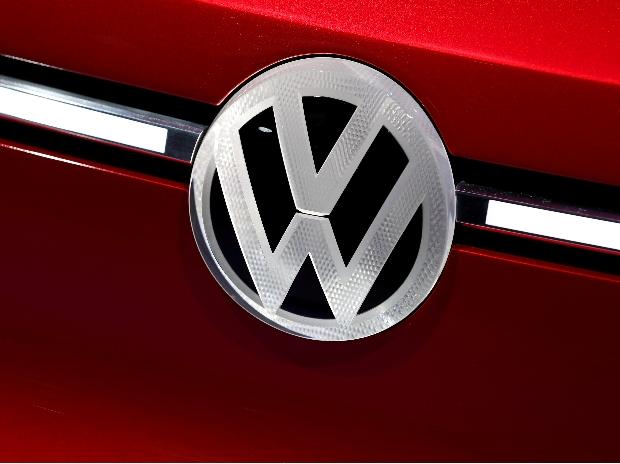BERLIN/BRASILIA (Reuters) - Germany's Volkswagen
A government-appointed commission investigating abuses during Brazil's dictatorship found evidence that companies including Volkswagen secretly helped the military identify suspected "subversives" and union activists on their payrolls.
Many of the workers were then fired, detained or harassed by police, and were unable to find new jobs for years afterward, a Reuters investigation https://www.reuters.com/investigates/special-report/brazil-dictatorship-companies showed in 2014.
Volkswagen said it signed a settlement agreement on Wednesday with Brazilian state and federal prosecutors in Sao Paulo that includes the payment of 16.8 million reais to an association of former employees and their surviving dependents. The remainder of the money will be donated to various human rights-related efforts.
The Brazilian prosecutors said in a statement that the deal will settle three probes launched since 2015.
"It is important to deal responsibly with this negative chapter in Brazil's history and promote transparency," VW board member Hiltrud Werner said in a Portuguese-language statement from the company.
Volkswagen's settlement was first reported by German broadcasters NDR, SWR and the daily Sueddeutsche Zeitung.
Historian Christopher Kopper from the University of Bielefeld, who was commissioned by Volkswagen to look into the case, said the settlement would be historic.
"It would be the first time that a German company accepts responsibility for human rights violations against its own workers for events that happened after the end of National Socialism," he told NDR, SWR and SZ.
Volkswagen said in its statement that while Kopper's investigation found cooperation between its Brazilian security agents and the military regime, there was no clear evidence that cooperation was institutionalized in the company.
(Reporting by Emma Thomasson and Jake Spring; Editing by Jan Harvey and Leslie Adler)
(Only the headline and picture of this report may have been reworked by the Business Standard staff; the rest of the content is auto-generated from a syndicated feed.)
 Dear Reader,
Dear Reader,
Business Standard has always strived hard to provide up-to-date information and commentary on developments that are of interest to you and have wider political and economic implications for the country and the world. Your encouragement and constant feedback on how to improve our offering have only made our resolve and commitment to these ideals stronger. Even during these difficult times arising out of Covid-19, we continue to remain committed to keeping you informed and updated with credible news, authoritative views and incisive commentary on topical issues of relevance.
We, however, have a request.
As we battle the economic impact of the pandemic, we need your support even more, so that we can continue to offer you more quality content. Our subscription model has seen an encouraging response from many of you, who have subscribed to our online content. More subscription to our online content can only help us achieve the goals of offering you even better and more relevant content. We believe in free, fair and credible journalism. Your support through more subscriptions can help us practise the journalism to which we are committed.
Support quality journalism and subscribe to Business Standard.
Digital Editor

RECOMMENDED FOR YOU